Museum of the City of New York
Corruption and institutional decay
10:00AM - 1:30PM (EST)
Museum of the City of New York
Event Details
Session 1:
Session 2:
Session 3:
Launch: Democracy Initiative’s Corruption Laboratory for Ethics, Accountability, and the Rule of Law (CLEAR).
At home and abroad, America faces the issue of corruption in the institutions upon which we have come to rely. Join us for the inaugural event of the Democracy Initiative’s Corruption Laboratory for Ethics, Accountability, and the Rule of Law (CLEAR). The event will feature William Browder, a businessman who has been declared a threat to Russian national security.
Corruption is broadly recognized as a scourge that undermines democratic accountability, economic prosperity, and adherence to the rule of law. It is a fundamental impediment to good governance that holds global implications for development and citizen security. UVA-CLEAR’s inaugural event will expose students, faculty, and community members to an exchange of ideas about how corruption has eroded citizen wellbeing around the world and what can be done to stop it.
The Miller Center offers ample parking. For those on Grounds, there will be shuttle buses from the UVA Chapel to the Miller Center beginning at 9 a.m.
Schedule
10–11 a.m.: How Corruption Erodes the Rule of Law: A Conversation with William F. Browder
David Gergen (moderator)
11:15 a.m.–12:15 p.m.: Fighting Corruption in Theory and Practice: What Have We Learned?
Kara Brockmeyer, Phil Keefer, Steve Mull (moderator)
12:15–12:30 p.m.: Lunch pick up
12:30–1:30 p.m.: Corruption and Anti-Corruption 101: An Open Discussion with the CLEAR Lab Faculty
Shan Aman-Rana, Michael Gilbert, Daniel Gingerich, Deborah Hellman, David Singerman, Sandip Sukhtankar, Sylvia Tidey, Jessica Levy (moderator)
When
10:00AM - 1:30PM (EST)
Where
2201 Old Ivy Rd
Charlottesville, VA 22903
Speakers
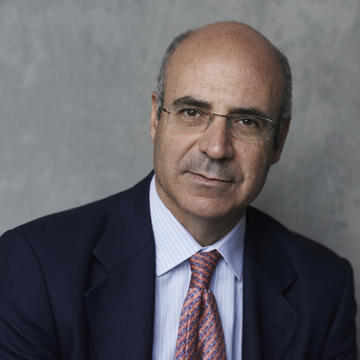
William Browder
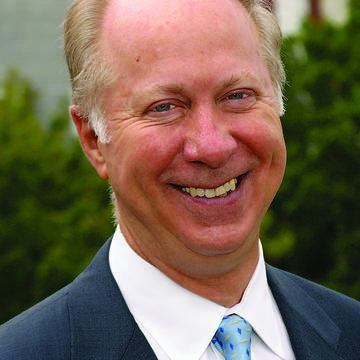
David Gergen
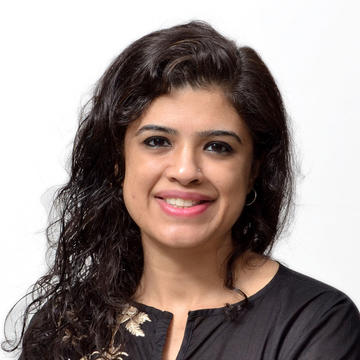
Shan Aman-Rana
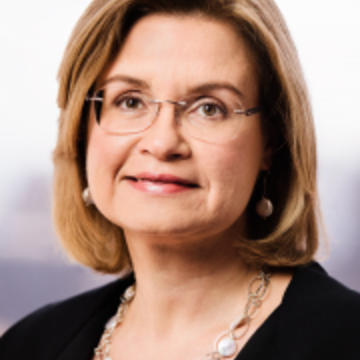
Kara Brockmeyer
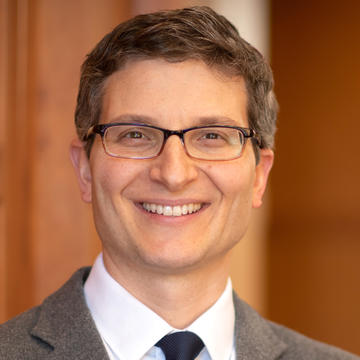
Michael Gilbert
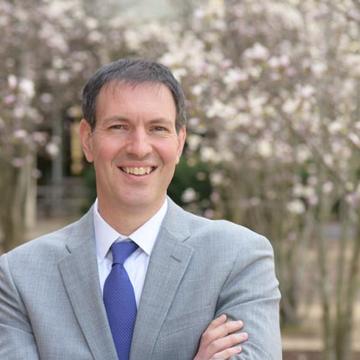
Daniel W. Gingerich
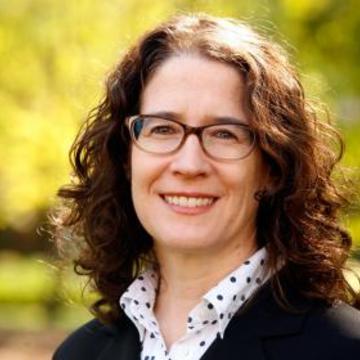
Deborah Hellman
Philip Keefer
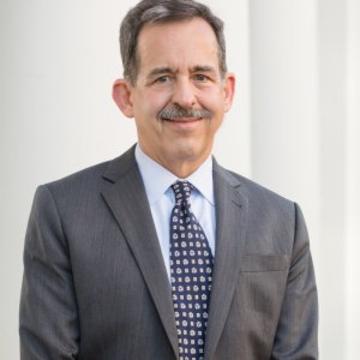
Stephen D. Mull
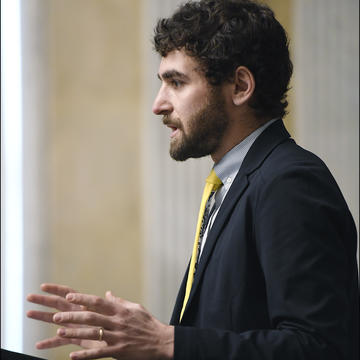
David Singerman
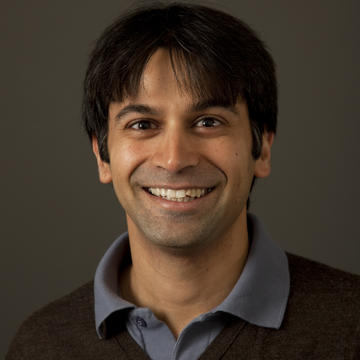
Sandip Sukhtankar
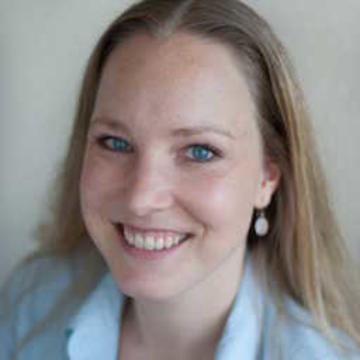
Sylvia Tidey
Jessica Levy